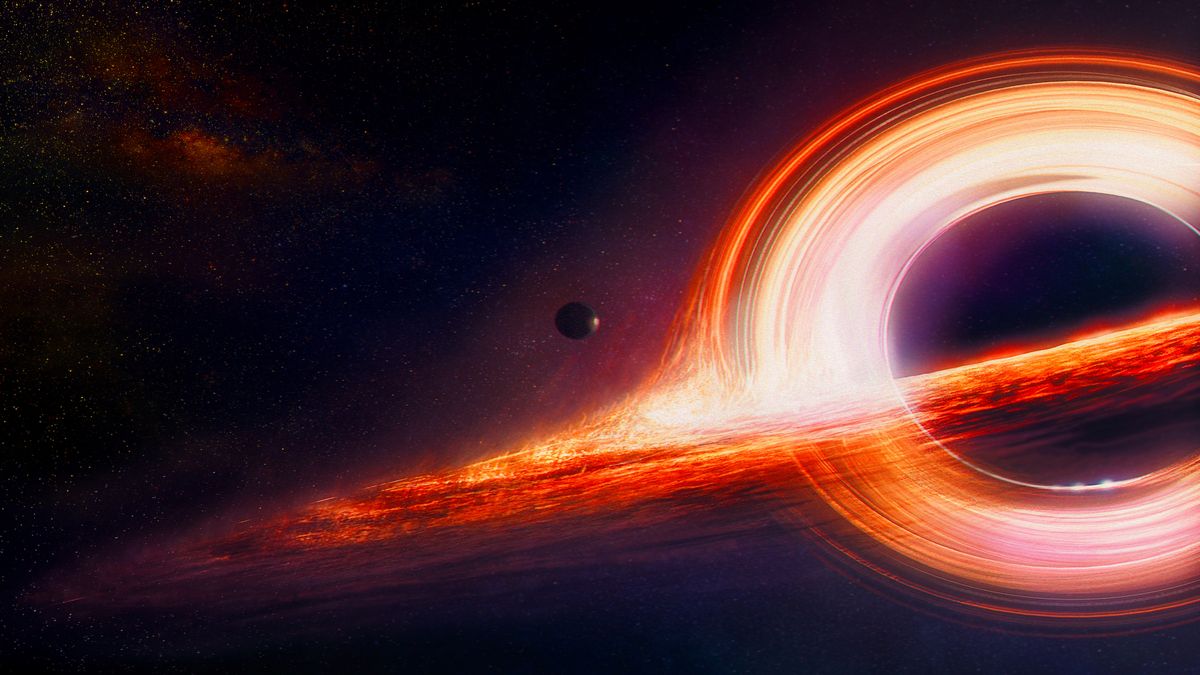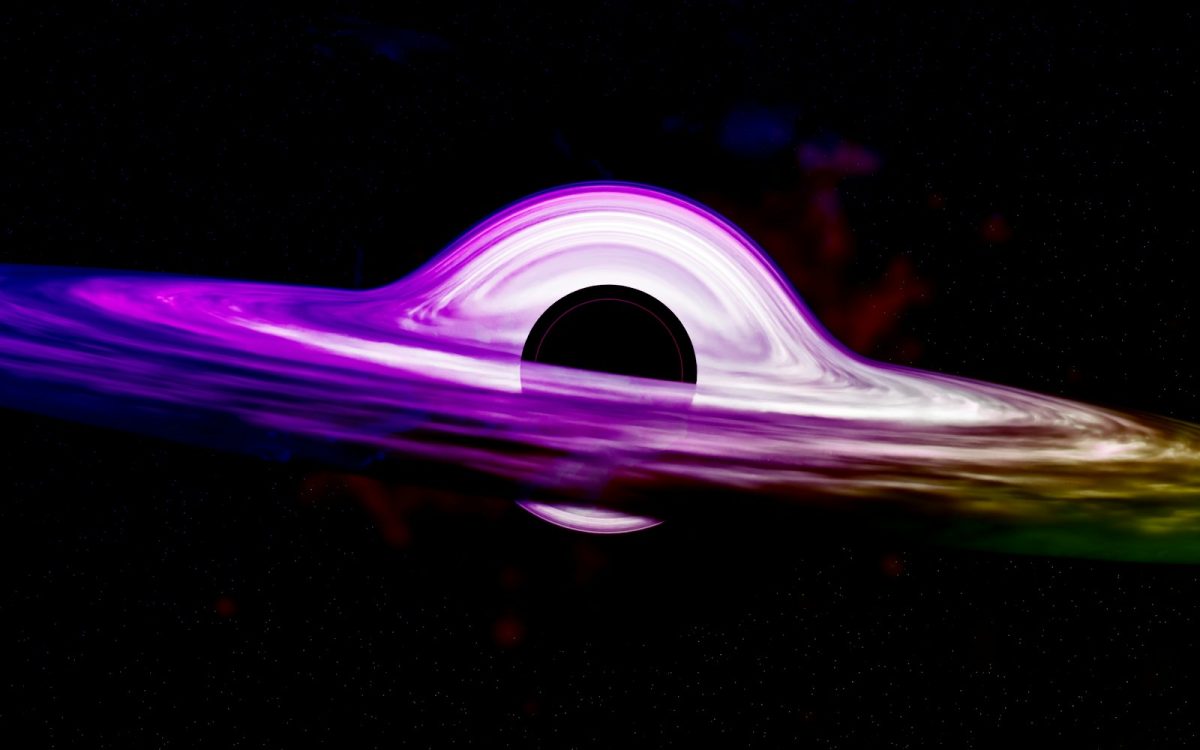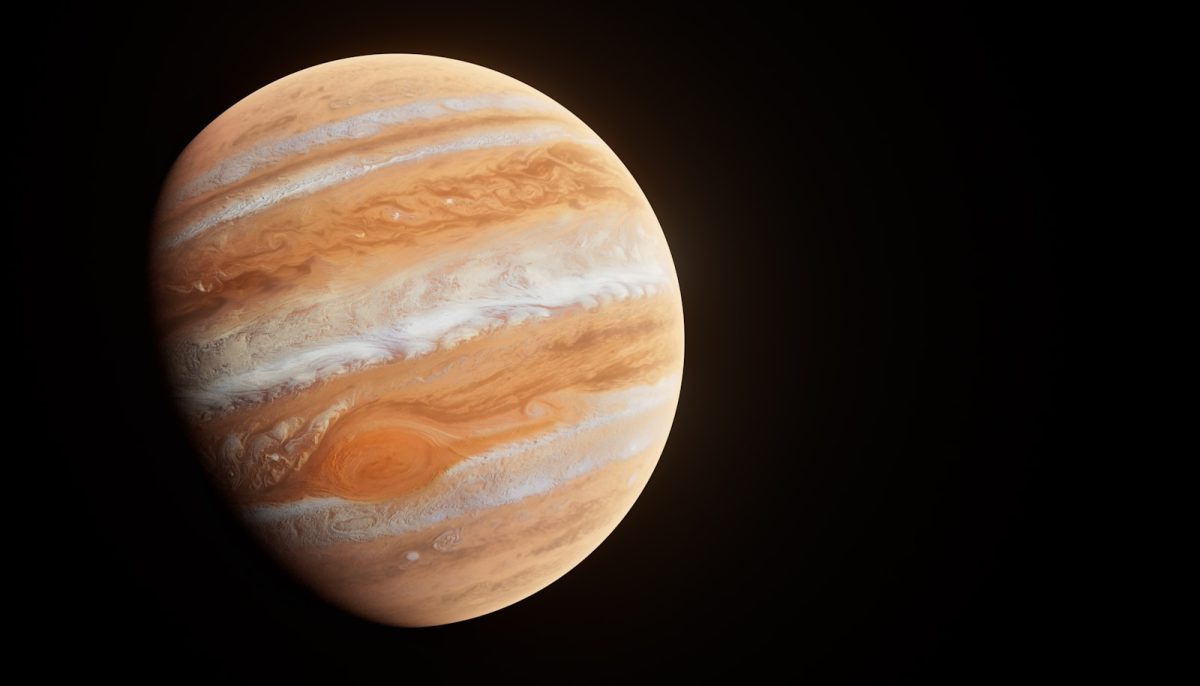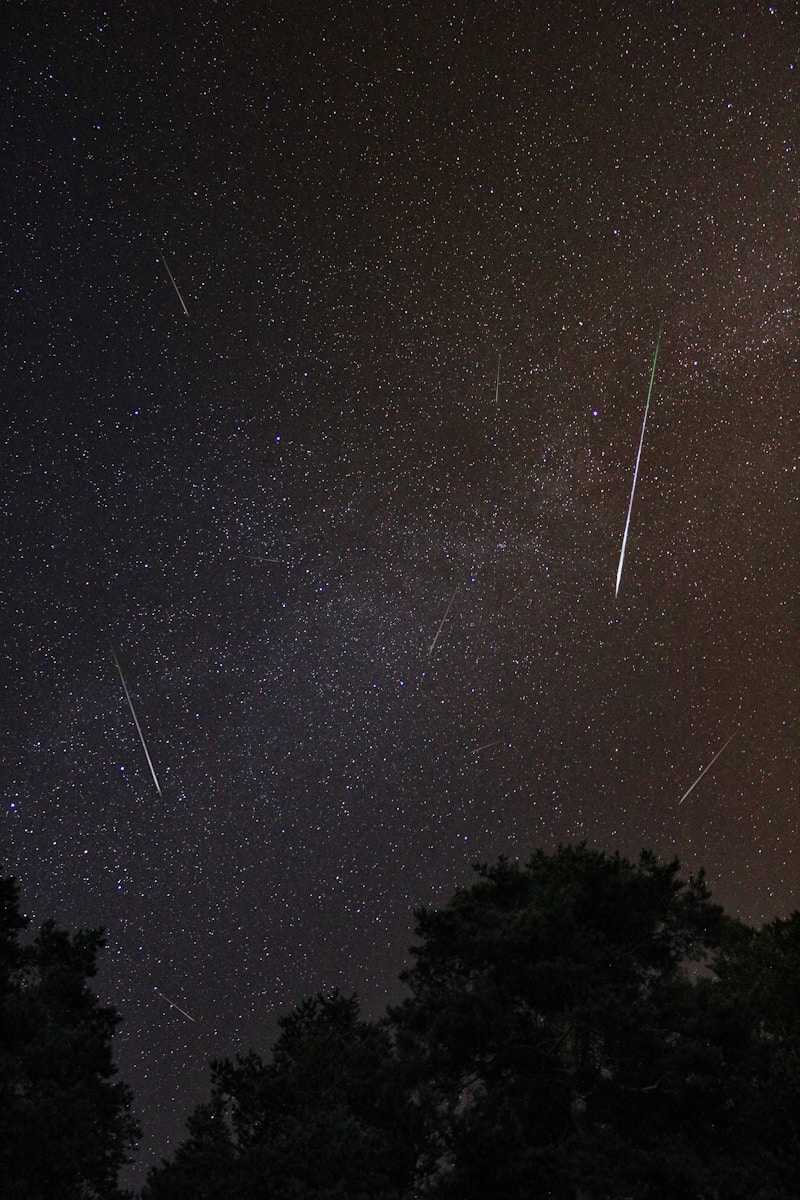Black holes are fascinating astronomical objects with a powerful gravitational pull that can even trap light. According to the current understanding of physics black holes form when massive stars collapse under their own gravity. As the star collapses, its matter becomes incredibly dense, creating a region in space with a gravitational field so strong that nothing, not even light, can escape its grasp.
The key concept behind black holes is their event horizon, which is the point of no return. Once an object crosses the event horizon, it is trapped within the black hole’s gravitational pull and cannot escape. The size of the event horizon is determined by the mass of the black hole: the more massive the black hole, the larger the event horizon.

Inside a black hole the gravitational forces become so intense that they warp space and time. This phenomenon is known as spacetime distortion. It is believed that at the center of a black hole lies a singularity, a point of infinite density where the laws of physics as we know them break down.
While black holes are invisible to direct observation, scientists can study their effects on nearby matter. By observing the behavior of surrounding objects, such as stars orbiting a black hole scientists can gather indirect evidence of their existence and study their properties.
In conclusion, black holes are fascinating celestial objects that challenge our understanding of the universe. Their powerful gravitational pull and the mysterious nature of their interiors continue to captivate scientists and spark curiosity about the mysteries of the cosmos.
Related stories:
https://news.uchicago.edu/explainer/black-holes-explained
https://www.britannica.com/story/how-do-black-holes-really-work
https://science.howstuffworks.com/dictionary/astronomy-terms/black-hole.htm
Take Action:
https://science.nasa.gov/astrophysics/focus-areas/black-holes/
https://www.cfa.harvard.edu/research/topic/black-holes











